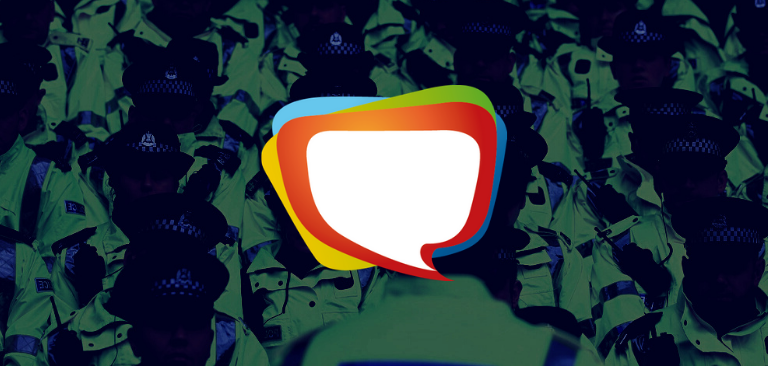In 2014, the UK introduced the logging of “non-crime hate incidents.” Data shows that more than 120,000 of such incidents have been recorded with many of them related to reports about online comments.
However, data shows that this Orwellian-sounding type of incidents have never once helped stop a crime. Not even once.
Supporters of the authoritarian law say it helps “measure tensions effectively and to prevent serious hostility and violence.” They also argue that recording these incidents is the first step towards tackling the escalating process of “dehumanization and ultimately murder.”
These non-crime hate incidents logs remain on someone’s records for six years, often in secret.
And since they are technically not crimes, an “offender” does not have legal ground to appeal.
The law’s guidelines were recently updated to include even lower barriers to entry such as “ill-will, spite, contempt, prejudice, unfriendliness, antagonism, resentment, and dislike,” as hate incidents.
Also, now the law applies to school-going children.
A Freedom of Information request revealed that none of the logged non-crime hate incidents have helped stop a single crime.
20 of the 43 officers involved in the request, admitted that there is no system to track the effectiveness of logging these incidents. Critics of the law argue that the only thing the rule has achieved is a “chilling effect” on free speech.
“Non-crime hate incident reports do not appear to have any usefulness as a crime prevention tool, but what they do have is a chilling effect on free speech because they make people think twice before saying or posting something on social media in the fear that it could land them with a criminal record,” said Harry Miller, a former cop and co-founder of the Fair Cop, the campaign group that conducted the Freedom of Information request.
“These reports have allowed the police to become weaponized by woke activists who seek to attack and shut people up if they dare express any views that they do not agree with,” Miller added.
Fair Cop is suing the College of Policing, and will submit responses from the Freedom of Information request in a court hearing at the Court of Appeals next month. The College of Policing insists that hate crimes on social media should be prioritized.
Critics of the rule also argue that it has been used well beyond its original purpose, and diverts the focus of law enforcement officers from more relevant duties such as handling violent crimes.
The rule was introduced in 2014 at the recommendation of an independent inquiry into the death of Stephen Lawrence, a black man who was murdered in a racially-motivated attack in 1993 in London.
“There is a real threat in our society of the development of a thought police where only certain views are permitted and all else is at best regarded as unacceptable and at worst is deemed illegal,” said the chairman of the Common Sense Group of MPs and Peers, Sir John Hayes.
“We must not meander into an Orwellian world where certain views are proscribed by an unrepresented and zealous minority who are determined to eradicate any views that are not compatible with their own. They are undermining the very essence of what it is to live in a free society,” Hayes added.








